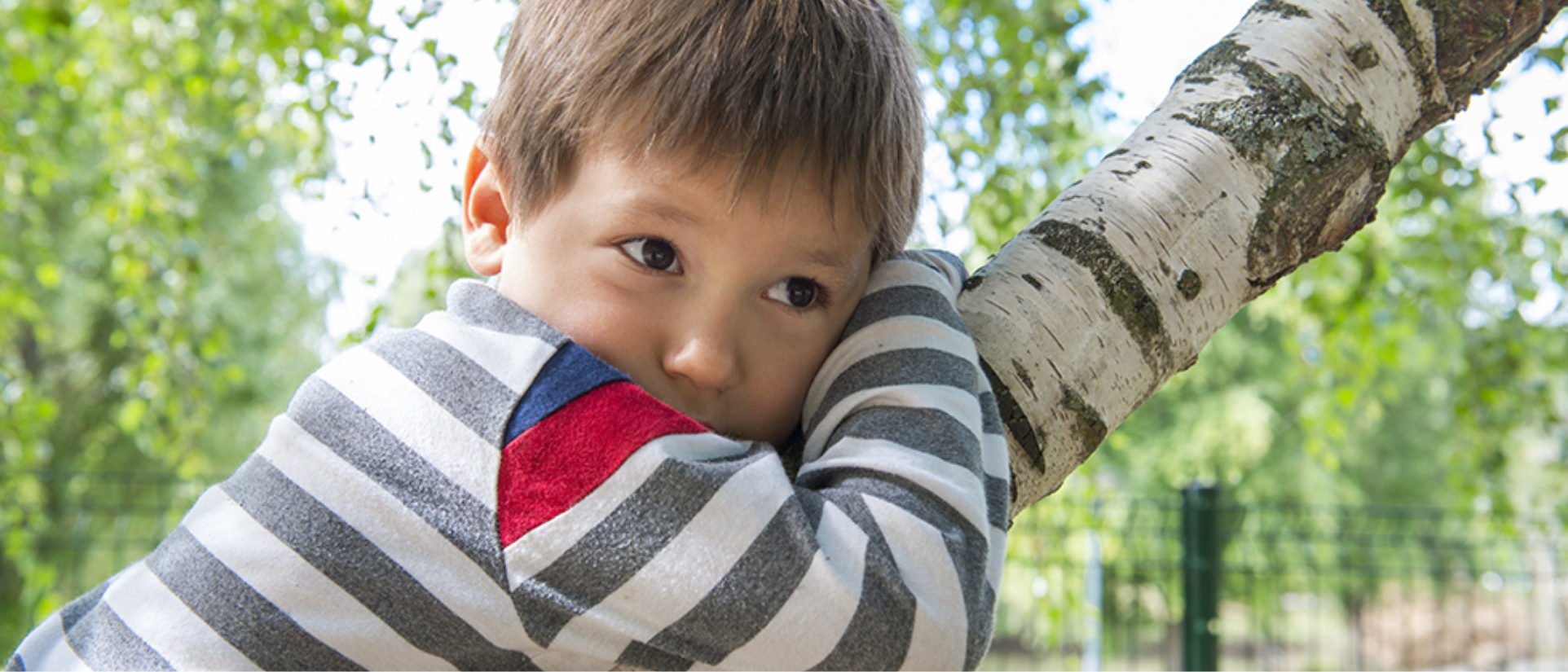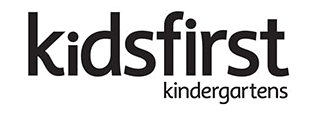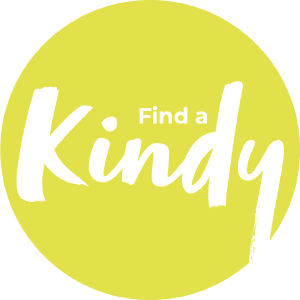
Worried about your child making friends?
Research shows that children making friends is a bigger concern for most parents than academic success, and there are good reasons why. Children need to be able to get on with others and work together to be successful in school and life, and loneliness and rejection can feel awful.
There’s a big emphasis on ‘social learning’ in early childhood education today, with activities and programmes designed to actively encourage children to build the social skills that are so fundamental to friendship.
Like everything child-development related, it takes longer for some children to master ideas such as sharing, being considerate towards others, empathy, and the ability to read the people around them.
Kindergarten is usually the place problems will show up first, since it’s often the earliest opportunity children have for sustained engagement with others around their own age.
Past generations tended to leave children to it, figuring they would eventually sort out any issues themselves. However, today it is recognised that tamariki benefit from active intervention and support from adults sooner, rather than later. Education and mental health experts also point to the need to prepare children to deal with the inevitable rejection and exclusion that can sometimes go hand-in-hand with the digital world.
So, why do some children find friendship so tricky?
Sometimes, they are naturally shy or nervous about engaging with others and will work their way through their discomfort with time and practice. Others haven’t had exposure to the social skills that are so fundamental to friendship, or there may be developmental issues that get in the way.
There are also researchers who think that trouble making and maintaining friendships is a learning difficulty like any other, and that children who really struggle may have trouble recognising and understanding social cues, the way that those with dyslexia have difficulties with letters and numbers.
Regardless of the cause, getting along with others is a skill that can be learned with encouragement, practice and time – and kindergarten is the perfect place to work it out.
With a bit of help, children can learn to make friends and practice the kinds of fundamental behaviours that encourage, rather than block, connections. Things like making eye contact, smiling, looking interested, and asking if they can be a part of things instead of standing on the sidelines.
Sandy Laffey has been a Kidsfirst teacher since 1964. She now works as a part-time reliever, bringing all her years of experience and wisdom to each kindergarten she works in.
She says, ‘How can I help my child make friends?’ is one of the most common questions she has heard over the years.
“Friendships help all of us feel like we fit in. We’re the same, and need to feel secure, likable and confident in getting along with others. A key goal we have for children entering kindergarten is building those foundations.”
Her approach is a pragmatic one, recognising that children learn through experience.
“If tamariki are shy, we will literally take them by the hand and help them to get involved with a group of children that are busy. We’ll introduce them and make them feel part of that group and part of the day.”
Sometimes, there are things going on in a child’s life that can stand in the way of easy social interactions.
“The most important thing all of us can do for children is to listen to them."
"It sounds so simple, but it’s very tough to do at times. Sometimes, something that wasn’t so good may have started their day off at home, and they just need to be heard, and then they’ll happily head off to play.”
Sandy says her training and experience is invaluable in helping children lay the foundations for strong social skills.
“These competencies set the stage for so much of the academic learning that happens. Play is a channel not just for friendships, but a channel for acquiring knowledge and skills from peers, as well as adults, and trained staff are very in tune with that. Kindergarten teachers recognise the tremendous opportunities for children’s social and emotional learning through friendships, and work actively to support these.”
Where necessary, teachers play an active role in encouraging friendships to bloom.
“If I could see a friendship started, I’d often write a little note and put it in each of their lunch boxes, as I thought it could be a nice way of encouraging a play date. Especially when life is busy and parents aren’t able to spend time at the kindergarten, seeing the friendships for themselves.”
Sandy encourages parents to spend time at kindergarten beyond a quick drop off when they can.
“It’s a great way to see what your child is doing and who they are playing with so that you can really be involved in their learning and their day. While some parents do email, it’s far nicer to have a one-on-one conversation. You can also meet other children who are important to your child, and it’s a great way to connect with other parents, too.”
Sandy says having children over to play is a great way to strengthen budding friendships, but advises parents to make the most of the opportunity by encouraging interactive play.
“They might gravitate towards an iPad, computer or TV, but that’s very passive. Get them playing with toys, that way they are using their imagination and creativity together.”
It’s heartbreaking to watch your child struggle socially, and all too often parents blame themselves.
Kaiako wisdom:
Recognise that every child is unique and develops at their own pace - some just need more time in certain areas. Don’t jump to the conclusion that social difficulties are a problem with them as a person or your parenting
• Help them understand that making friends is a skill just like any other, and that skills can be learned
• School yourself up on some of the basics of social engagement so you can use every-day opportunities to help tamariki identify social cues and explore ideas about how they might respond effectively. Check out https://www.parentingscience.com/kids-make-friends.html for starters.
• Make time and opportunities for children’s friendships Life can be so busy and full it’s tempting to leave social activity at the kindergarten gate. Playdates and social events are important ways for children to make and deepen friendships, too, and can make all the difference to a child’s confidence and social competence.
• If you’re worried about your child’s interactions with others, talk with their teacher. They have great insight into your child as an individual combined with the knowledge and experience to work with you on practical solutions for kindergarten and home.
Teacher Profile:
Sandra Laffey

Sandy was Head Teacher at Kidsfirst Cashmere for 38 years, and prior to that, at Macfarlane Park and Isleworth kindergartens. “What I have truly loved is the communities that I was so blessedto be a part of over that time. I have seen children grow into amazing human beings, and incredibly, some continue to include me in family gatherings and updates.”
There’s also some great reading here:
“Raising Confident Kids.” Parenting Place, 8 May 2019
JOIN OUR WHĀNAU





